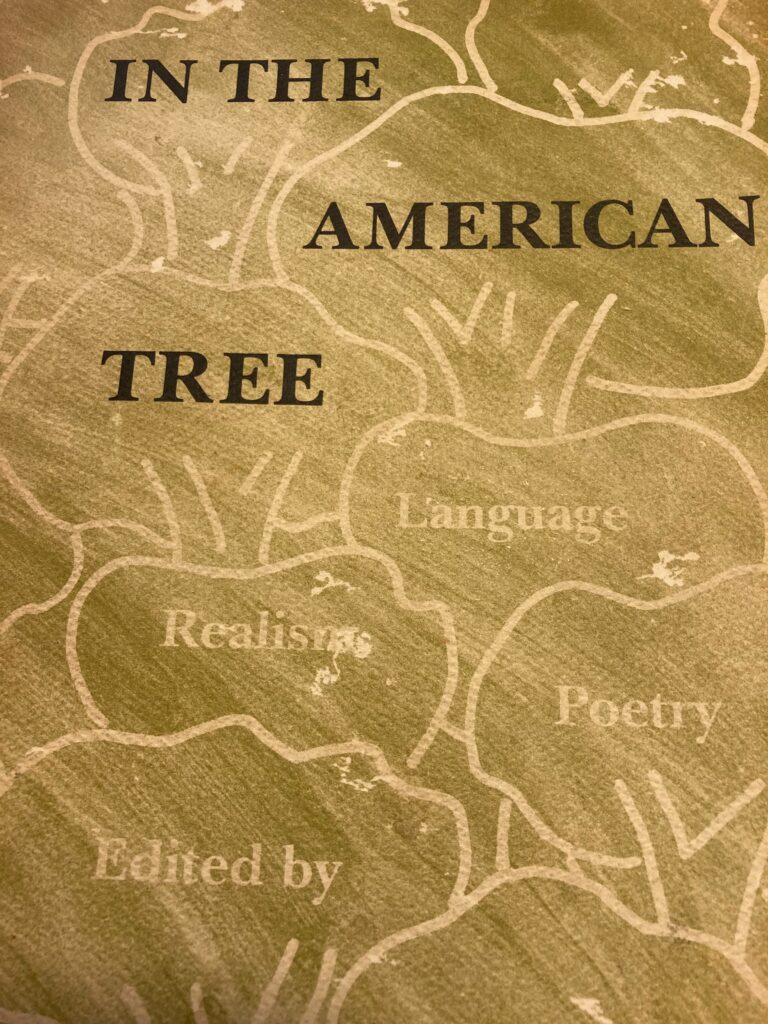Sunday, March 3, 2024
Today’s New York Times contains three major obituaries: Robert M. Young, a filmmaker, age 99; Nancy Wallace, riparian activist, age 93; and Guy Alexandre, a transplant surgeon, age 89. All three deserved their extended notices.
But where in the New York Times is any notice of the recent passing of Lyn Hejinian, whose work as editor and publisher of Tuumba Press infused the Language poets with a heady sense of an irrefutable avant-gardism. The chapbooks that she printed on a steady basis between 1976 and 1984. It’s impossible, I believe, to convey to readers the excitement that I felt as I received those chapbooks in the mail from her. By late 1980, I was looking for some alternative to the post-Beat writing (additionally influenced by James Schuyler and Ted Berrigan) that I had been doing for over a decade. While I had been an assiduous reader of Paul Vangelisti’s and John McBride’s INVISIBLE CITY, Dennis Cooper’s LITTLE CAESAR, and Leland Hickman’s BACHY, as well as Stephen Kessler’s ALCATRAZ EDITIONS, I still found myself reluctant to “experiment” in the way that inaccessibly simmered within me. Hejinian’s ensemble of chapbooks proved to be a major turning point. Her impact as an editor and publisher on almost all the poets who contributed work to or were influenced by Ron Silliman’s anthology, IN THE AMERICAN TREE (1986), made her a proleptic force within the Language insurgency. In 1984, for instance, issue four of POETICS JOURNAL included her crucial essay, “The Rejection of Closure.”

Although Hejinian’s “My Life” will probably always be her best-known work, and it certainly had a profound impact on other poets such as Ron Silliman, it is the combination of all her projects that makes her such an important figure in contemporary poetry. In particular, I would direct attention to THE GRAND PIANO, a ten-volume group memoir that should serve as a model for any community of poets seeking to preserve the dialogue of poets in their youth.
I wish she could have lived so that she could have witnessed a massive celebration of the 50th anniversary of the founding of Tuumba Press. I would hope that UC Berkeley and UCSD’s Special Collections might be able to pull together such a convocation. In the meantime, I will find myself being more quiet than usual when I retreat to solitude, though no amount of stillness could be enough to suggest my appreciation for her inspiring example.
******************
RON SILLIMAN on Lyn Hejinian:
“When, in 200 years, students are reading the poetry of Lyn Hejinian – as certainly they shall if humans are still about – those readers will undoubtedly begin with My Life (hopefully in its initial Burning Deck version, not because the earlier edition is “better,” but because that is the volume that changed the lives of so many other poets). Those who go on to read Hejinian’s finest work, however, will then turn to The Book of a Thousand Eyes, which Omnidawn brought out earlier this year.” Ron Silliman’s Blog, December 10, 2012
https://www.writing.upenn.edu/epc/mirrors/ronsilliman.blogspot.com/2012/12/when-in-200-years-students-are-reading.html
******
Lytle Shaw’s Obituary notice:
://jacket2.org/article/lyn-hejinian-1941-2024-obituary-lytle-shaw
*******
https://en.wikipedia.org/wiki/Lyn_Hejinian
******************
French critic Hélène Ali:
https://www.cairn.info/revue-francaise-d-etudes-americaines-2005-1-page-79.htm
The Stakes of Narrative in the Poetries of David Antin, Ron Silliman and Lyn Hejinian: New Forms, New Constraints
Hélène Aji
Dans Revue française d’études américaines 2005/1 (no 103), pages 79 à 92
************
Interview with Lyn Hejinian:
https://english.berkeley.edu/news/remembering-lyn-hejinian-0
 About Bill Mohr
About Bill Mohr